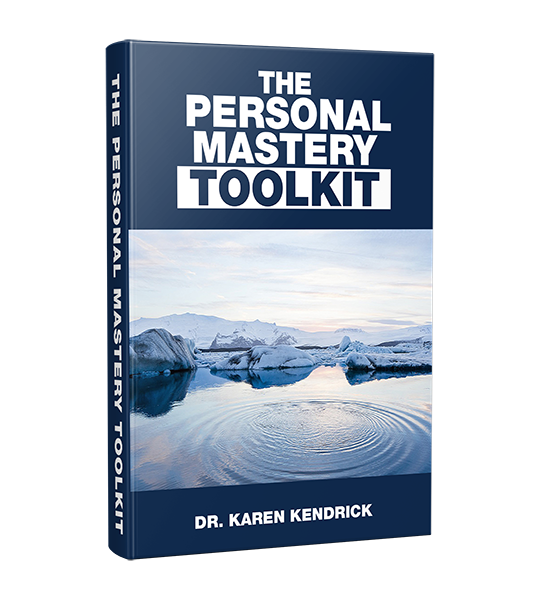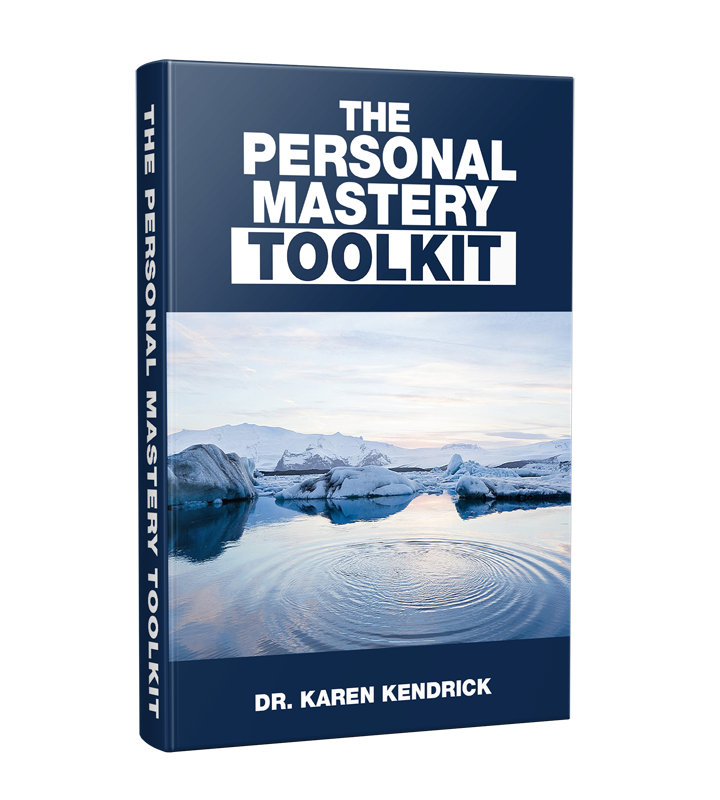HOW TO FIND YOURSELF
We’ve all heard the term “find yourself” but what does it really mean?
When you’ve found yourself, you feel a sense of awareness and acceptance about who you are. You know and like yourself and feel confident in your abilities. You trust yourself to make good decisions and feel a strong sense of self-worth.
The question is, how do you get there? Or are we just born with this?
Well, for most people, finding yourself is a journey. Things happen in life that either slow the journey down or help us get there faster. The trick is to take more conscious, proactive steps to move toward the goal of finding yourself, so you can experience more joy, peace, and productivity.
Here are 7 steps you can take to find yourself by building your self-awareness, self-confidence, and self-acceptance:
1) Spend some time alone on a regular basis
While you can learn a lot about yourself in the company of others, you can learn as much or more by spending some time alone.
When you are on your own, you learn to rely on yourself to meet your own needs. You get familiar with your own likes and dislikes rather than in the context of meeting someone else’s approval. You also create space to reflect and think about yourself and what you want.

Get a FREE copy of The Personal Mastery Toolkit.
Raise your game and lead an exceptional life.
2) Get clear on what’s important to you and write it down
Find some quiet time and start writing out answers to such questions as “What and who do I really care about?” “When do I feel happiest?” “What do I want to achieve?” “What qualities do I admire in others that I want to get better at?”
If you draw a blank when trying to answer these, then keep asking yourself over a period of a few days or weeks until answers start to become clear.
Write down what you feel and keep refining your answers. As you spend more time with yourself thinking about these questions, you’ll naturally start to attract information to you that helps you get clarity.
3) Ask for feedback about your best qualities
Sometimes hearing about your greatest strengths from other people can help you get perspective that you may not otherwise have. Ask, “What is it that you like best about me?” or “What do you see as my greatest strengths?” Be sure to stay focused on asking for positive feedback.
While getting input on what you need to improve on can be useful too, it’s often more useful to get that input at a later stage after you’ve become fully aware of and accepting of your greatest qualities and strengths.
4) Make a list of your skills, strengths, and accomplishments
Make a full inventory of what you see as your skills, strengths, and accomplishments. Items can include anything from raising two great kids, to climbing El Capitan, to being a good listener.
Don’t limit yourself to any specific number of items, and don’t worry about whether it seems like you are bragging. This list is for you, not for anyone else. This is not the time to be humble. What’s most important is what YOU see as a strength, skill, or accomplishment.
Once you have your full list, really look deeply at it, and allow yourself to appreciate what you’ve done and what strengths and skills you’ve developed.
If you find yourself not feeling good about the list, go back and ask for more input and push yourself to add more things to your accomplishment list, no matter how small. Most people take many of the things they’ve done for granted. This is a time to bring those achievements out into the daylight and put them on paper.
5) Take responsibility for understanding and meeting your own needs
Get good at acknowledging what you need and then taking action to meet those needs. Don’t get stuck believing that your needs aren’t valid or important or that you must rely solely on others to make things happen.
If your needs stay unmet for a long time because you didn’t make them a priority, then your self-esteem and your health will suffer.
Remember that good self-care will help you be able to give and do more for yourself and others, and as a result, boosts your sense of self-worth and self-confidence.
WANT TO ACCELERATE YOUR PERSONAL GROWTH AND SUCCESS?
Take the BRILLIANCE BLUEPRINT™ digital course.
6) Build self-confidence by getting more experience, practice, or training
It’s easy to lack confidence in an area if you don’t feel you have enough experience or knowledge, or if you’ve had a bad prior experience with something. Don’t be afraid to invest time, energy, and even money to get the help and experience you need.
Keep in mind that many of the most successful people were not always confident and skilled. Instead, they pushed themselves through any discomfort to get the practice, experience, and knowledge needed.
Most master chefs were not born feeling skilled in the kitchen. They invested in education, training, coaching, and practice to get good at what they do.
Don’t be afraid to be bad at something before you get good at it. Show up and keep working at it. If you’ve had bad associations with something based on some failure or embarrassment, never take that a sign you can’t succeed with better tools, information, or more practice.
7) Avoid saying or doing things that are inconsistent with your values
One of the biggest keys to self-worth is believing that you are a good person who does the right thing and lives according to common moral principles. These could include things like honesty, integrity, kindness, decency, reliability, etc.
Remind yourself of the values that are most important to you and avoid saying or doing things that are in conflict. For example, if kindness is very important to you, and you wind up being cruel on the phone to a customer service agent who is doing his/her best to help you, you might feel guilty or bad about yourself for awhile. If health and fitness is important to you, you probably won’t feel good if you over-indulge in a pint of ice cream.
Of course, small occasional actions like these may not be enough to put a dent in your self-worth, but if you do enough of them frequently, they can add up.
Avoid putting yourself in situations that may test your values too much.
Take the high road as much as possible. Most likely, you’ll feel better because you’ll have less conflict with yourself and others.
8) See less desirable qualities as “work in progress” not permanent defects
Human nature is to see our “flaws” as enduring limitations on who we are or could be. These thoughts can wreak havoc on our sense of self-esteem. But many of these characteristics can often be improved or eliminated with time and energy. Other “flaws” often just require a shift in perspective about whether the characteristic is actually a “flaw”.
Think about what you see as less desirable about yourself. Ask, “Is this worth focusing my time and energy on?” or “Will it make me or someone I care about happier if I work on this?” If the answer is yes, think about what resources will help you make needed changes.
Don’t assume there is no solution to fix this issue and don’t be afraid to seek input or support.
Even the most successful people get help when they have a concern they can’t resolve on their own. As you work on improving, be patient with yourself and trust that your efforts to grow and learn will be worth the journey.
DIVE DEEPER: Boost your confidence and self-perspective by mastering how you think about your life story here.

Get a FREE copy of The Personal Mastery Toolkit!
Raise your game and lead an exceptional life.
IF YOU LIKED THIS CONTENT, CHECK OUT:
NEW TO KAREN?

